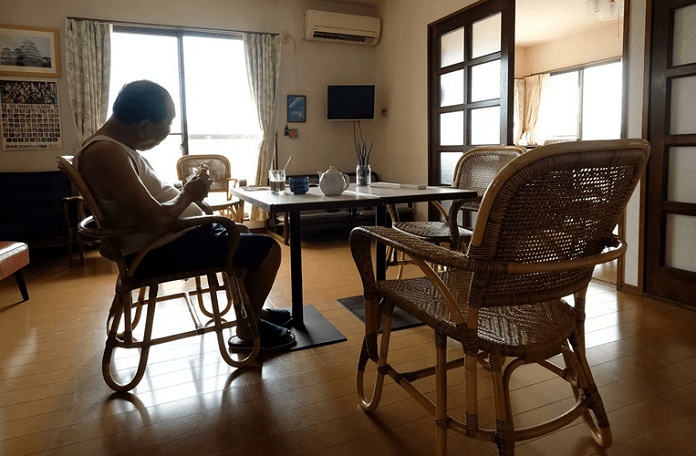A former professional boxer was sentenced to death, but was released almost 50 years later.
Ivao Hakamanda is a former professional boxer from Japan who was born on March 10, 1936 and was sentenced to death on September 11, 1968.
Iwao Hakamada came from a poor family and from his childhood, he was a fan of Thai boxing, but he achieved the greatest success in professional boxing.
One of the best boxers
During the period from 1959 to 1961, he played 29 games with 16 wins, 11 losses and 2 draws. He was considered one of the strongest boxers in the country, but there was not enough money to support his family and he was forced to retire.
The end of a career and a job in a factory
Shortly after retiring from sports, he worked in a factory for the production of miso, a product of the national Japanese cuisine. The day he changed his life happened on June 30, 1966.
The Asian boxer was charged with mass murder in 1966 which became widely known as the Hakamanda incident. In fact, in March 2011 he entered the Guinness Book of Records as the longest-serving death row inmate in the world.
The fire and the quadruple murder
In late June 1966, there was a fire in the house of one of his bosses and according to Ivao Hakamanda, he helped put out the fire only to find the bodies of his manager, his wife and their two children. Everyone was stabbed to death.
Police were unable to find the suspect in intense pursuit, but after a month and a half, Ivao Hakamanda was arrested and interrogated. In August 1966, he was arrested on the basis of his confession and a small amount of blood and gasoline found in a pair of pajamas he had.
The interrogation without water and toilet
According to his lawyers, Hakamanda was interrogated for a total of 264 hours and it took 23 days for him to confess. They added that they did not give him water and did not let him go to the toilet during the interrogation.
At his trial, Hakamanda claimed that the police kicked and beat him to speak and admitted that he was not guilty.
“I could do nothing but crouch on the floor trying to avoid defecation. One of the investigators put my thumb on an ink pad, and put me in a written confession to write my name. “He was shouting at me, kicking me and shaking my hand,” he said.
The killer’s clothes
Prosecutors set aside their pajamas and presented five pieces of bloody clothing found in a factory tank in August 1967, 14 months after the crime. They claimed that the clothes came from the killer. They claimed that Hakamanda must have killed the family in these clothes and then put on their pajamas to commit the arson.
The clothes were too small for Hakamanda’s size, but prosecutors claimed they had shrunk in the tank and the label said “B” or medium-sized to fit Hakamanda. However, B indicated the color (black) and not the size.
He was found guilty and sentenced to death
However, on September 11, 1968, a panel of three judges found Hakamanda guilty and sentenced him to death. A subsequent appeal to the Tokyo Supreme Court was rejected by the Supreme Court of Japan and upheld the death sentence on November 11, 1980.
“I will prove to you that Dad never killed anyone”
Ivao Hakamanda continued to defend his innocence, writing to his son in 1983: “I will prove to you that Dad never killed anyone and the police know better.”
Hakamada was sentenced to death, but was not executed because the Minister of Justice refused to sign his death warrant, suspecting that the sentence was not certain.
In isolation
Like most death row inmates, he was placed in solitary confinement throughout his imprisonment. He was not allowed to talk to the guards and was rarely allowed to visit.
The judge who spoke in his favor
One of the judges who sentenced Hakamada to death resigned and 40 years later spoke in his favor.
A DNA test in 2008 showed that the blood on the clothes used as evidence did not match Hakamada, prompting a second recurrence request from his lawyers.
Freedom 48 years later
On March 27, 2014, Ivao was released from prison and retried by the Shizuoka District Court. He was eventually released.
He spent 48 years in prison awaiting the death penalty and 34 in solitary confinement. After he was released from prison, he asked for a beer and a cake. Ivao Hakamanda is now 85 years old.



